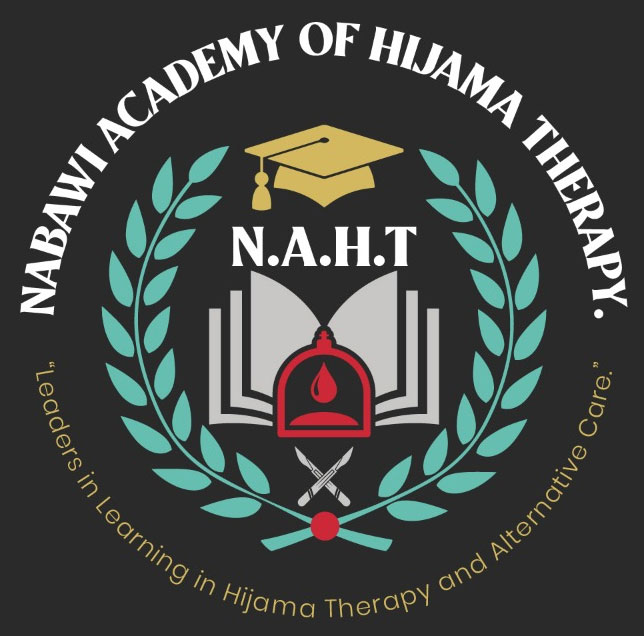Course Curriculum:
Course Outline & Objectives:
1. To introduce students to the historical development and evolution of Unani Medicine.
2. To explore the fundamental principles and concepts of Unani philosophy.
3. To familiarise students with the diagnostic methods used in Unani Medicine.
4. To provide an overview of the various treatment modalities and therapies employed in Unani Medicine.
5. To discuss the relevance and integration of Unani Medicine with modern healthcare systems.
Module-1:
1. Introduction to Unani Medicine.
2. Historical development and origins of Unani Medicine.
3. Key figures and contributions to Unani Medicine.
4. Basic principles and philosophy of Unani Medicine.
Module-2:
1. Principles of Unani Medicine.
2. The concept of the Four Temperaments (Mizaj).
3. The Theory of Humours (Akhlaat).
4. The Theory of Elements (Arkan).
5. The Theory of Faculties (Quwa).
Module-3:
1. Diagnostic Methods in Unani Medicine.
2. Examination of the Pulse (Nabz).
3. Examination of Urine (Baraz).
4. Examination of the Pulse (Nafas).
5. Examination of the Skin (Bashar).
Module-4:
1. Treatment Modalities in Unani Medicine.
2. Diet and Nutrition (Ghiza).
3. Herbal Medicine (Tibb-e-Jadid).
4. Unani Pharmacology (Ilaj-bil-Advia).
5. Cupping Therapy (Hijama).
Module-5:
1. Unani Medicine in Modern Healthcare.
2. Integration of Unani Medicine with Conventional Medicine.
3. Research and evidence-based practices in Unani Medicine.
4. Ethical considerations and regulations in Unani Medicine.
Assessment and Grading:
a. Questioning and participation: 10%.
b. Quizzes and assignments: 20%.
c. Mid-term examination: 30%.
d. Final examination: 40%.
Course Materials:
i. “The Canon of Medicine” by Avicenna (Ibn Sina).
ii. “Kitab al-Hawi” by Razi (Rhazes).
iii. Lecture notes and handouts provided by the instructor.
iv. Supplementary readings and research articles.
Recommended Resources:
- Unani Medicine: A Traditional System of Medicine in India” by Abdul Ahad.
- Introduction to Unani Medicine” by Hakim Syed Zillur Rahman.
- Journals and publications related to Unani Medicine research.
Note:
The above-stated is a general outline and syllabus on the subject of Unani Medicine. However, additional content will be merged to change at the discretion of the instructor. Students are encouraged to actively engage in discussions, seek clarification when needed, and stay updated with any modifications to the course content or schedule.






Reviews
There are no reviews yet.